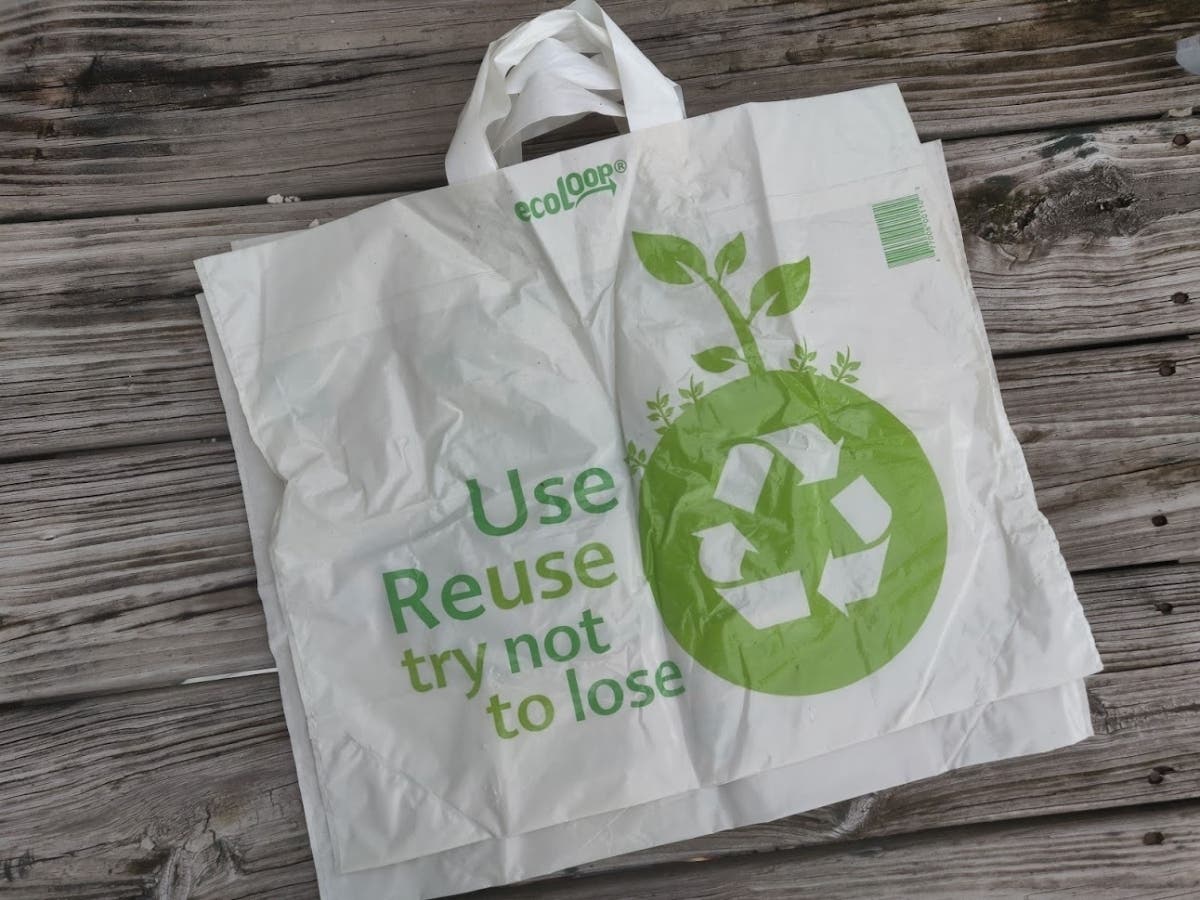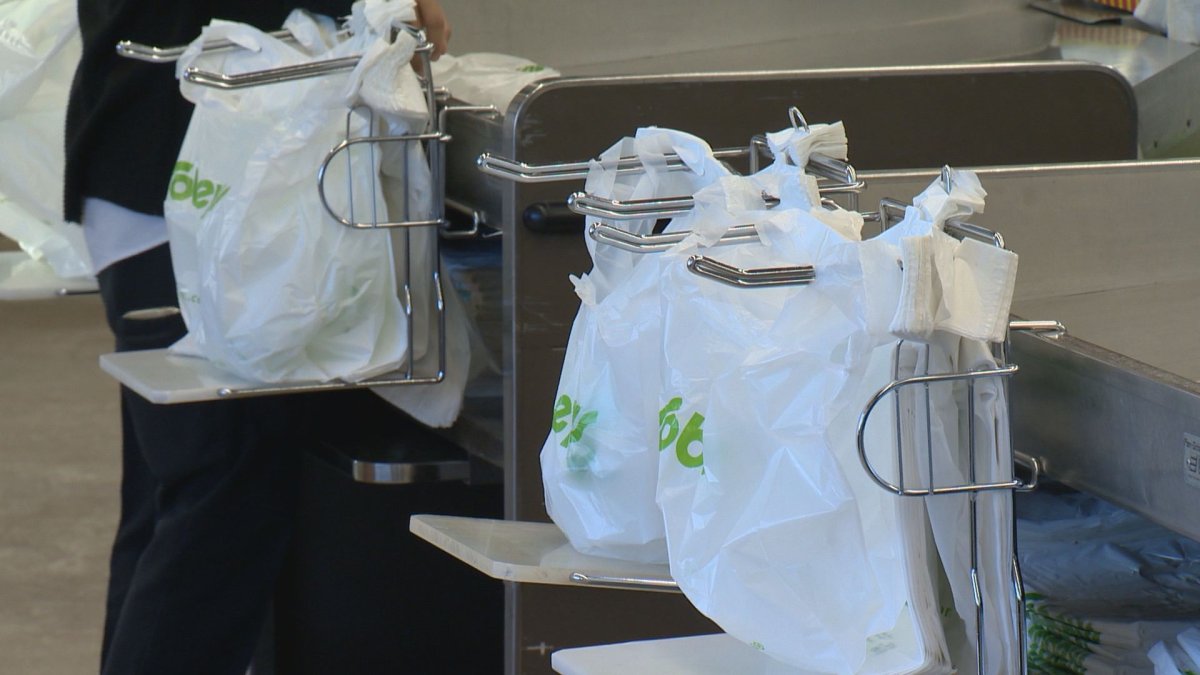Plastic bags target state bans and legislation as their impact grows. Even when plastics break down, they do not fully degrade. Microplastics break down into tiny pieces. Humans and animals consume microplastics in the environment.
In the affected states, grocery stores, department stores, liquor stores, restaurants, convenience stores, and other retailers that provide patrons with lightweight single-use plastic bags for shopping will have to find alternatives.
You can choose a bag based on your customers' use, sustainability goals, and budget. Several single-use plastic bag replacement options are available. Every option has a different sustainability footprint during the production process or after disposal. Sustainability varies from option to option.
To achieve sustainability goals using the ban, choose an alternative material that leaves a smaller footprint on the planet. A cost-effective alternative may not be the most environmentally friendly. From least expensive to most expensive, here is a list of alternative materials.
Paper bag
The paper bag must contain at least 40% post-consumer recycled content and cannot contain old growth fibers to be accepted under most local laws.
Paper bags can be an excellent alternative to single-use plastic bags because they are either reusable or recyclable. Several times can be reused with paper bags, and they are recyclable.
Cotton Bags
There are three types of cotton bags: traditional, organic, and recycled. Cotton is a renewable crop but is usually treated with chemicals and pesticides. Organic cotton is grown without pesticides, reducing its negative environmental impact. Cotton that has been recycled is reclaimed organic cotton as well as traditional cotton.
Non-woven Polypropylene (PP) Bags
The plastic material polypropylene is used to make non-woven polypropylene bags. Recycled plastic can be used to make them. The non-woven polypropylene bags are solid and durable. Their purpose is to be reused until they become damaged.
Compostable Bags
Recyclable raw materials are used to make compostable bags. Composting facilities or home composting environments can use them. The environment is less affected by them since they break down. Bags can be printed with soy-based inks without compromising their composability.
Jute Bags
Bags made from jute are durable and strong due to their use of vegetable fibers. Using a naturally renewable resource, they are environmentally friendly. As it breaks down, organic materials are produced. Until the material frays, it can be reused.
Final thoughts
It may not be easy to transition your business away from single-use plastic bags. Local regulations and bans allow for several effective alternatives to single-use plastic bags.
You can choose the suitable plastic bag alternative for your business based on your budget, needs, and goals, whether in the United States, Puerto Rico, or the Caribbean.
For more keep connected and updated with www.SabzProperty.com










LEAVE A REPLY
Your email address will not be published. Required fields are marked *